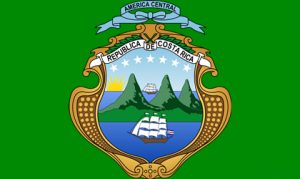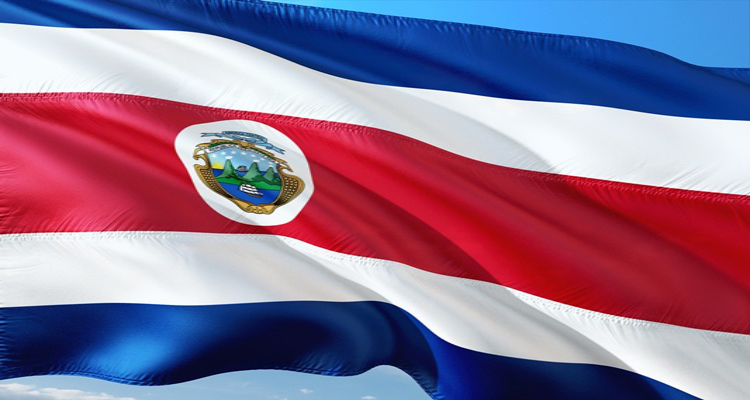Costa Rica’s gambling regulator, the Social Protection Board (JPS), is reportedly reviewing a handful of proposals from national and international legal entities to operate online gambling, including sports betting and electronic lottery in the Central American country.
The JPS, which is reportedly exclusively responsible for the “‘creation, administration, sale and commercialization of sports betting and other gambling products,’ launched the online gambling concession process last month after the body announced it would accept offers from March 16 to April 5, 2021.
Offers received:
Citing Costa Rican television broadcaster Teletica, SBC Americas reports the gambling regulator received five offers, while a proposal was submitted by a legal representative via official letter.
According to an earlier report, Marketing Manager for the JPS, Evelyn Blanco, explained…

“The Social Protection Board is the only administrator involved in this process, the companies that participate are filtered, two legal companies are picked [in each modality], two for betting, two for electronic lottery and two for lottery games (electronic scratch cards). Those companies are the ones that are going to report to the JPS, there is no intermediary here.”
Associated costs:
According to the report on Monday, each of the operators chosen by the regulator will be required to hand over a deposit of between $100,000 and $200,000 to the gambling regulator, while an additional $250,000 also payable to the JPS is to serve as a guarantee.
The Board will, moreover, retain 70 percent of the profits, and as stated previously by marketing manager Blanco, there will be no intermediary involved in the process. Another key aspect, the proposed databases along with the games will become the JPS’s property.
Social protection effort:
President for the JPS, Esmeralda Britton emphatically declared…
“This institution intends to ensure that revenue is generated for the 500 social programs that aim to help vulnerable people who benefit from the money that comes from the commercialization of these products.”
The JPS reportedly previously shared that a concession will authorize three individual platforms, which will consist of two operators for each platform.
Britton went on to say…

“The Board has demonstrated throughout its almost 176 years of existence its ability to evolve and adapt to new times. We believe that in the case of the digital age, the institution is walking on the path of technological transformation that allows us to strengthen social protection.”
Last month’s report from Lottery Daily, which is part of the SBC News Network, reported that in order to participate in the process, each of the operators were required to pay a deposit of between $160 and $320 to the JPS, while also paying an additional $400 as a guarantee.
Platform oversight:
Also included in the March 17 report, after the online gaming market opens in the Central American country, the JPS plans to review the trio of platforms via a pilot program that will test them for a period of one year, while any modifications will be sales volume-based.
General Manager for the JPS, Marilyn Solano Chinchilla also reportedly stated at the time…
“We are changing the gaming industry by maintaining control of the state lottery, which by law is our responsibility. Also, this doesn’t affect lottery vendors, and it also expands alternatives for players.”
CR online gambling landscape:
It should be noted that while technically online gambling is illegal in Costa Rica, it is more of a formality as historically the government hasn’t been known to take action against the activity. As long as operators refrain from offering their services to residents of the country, they have been able to establish a presence there, as until recently, there has been no actual licensing or supervisory body.
Last year, the JPS’s Blanco revealed in an interview with Spanish television program TeleDiario that the illegal lottery market in Costa Rica was worth $380 million, mainly due to the ease of prize collection, and represented 46 percent of the market as well, according to a November 13, 2020 report.



